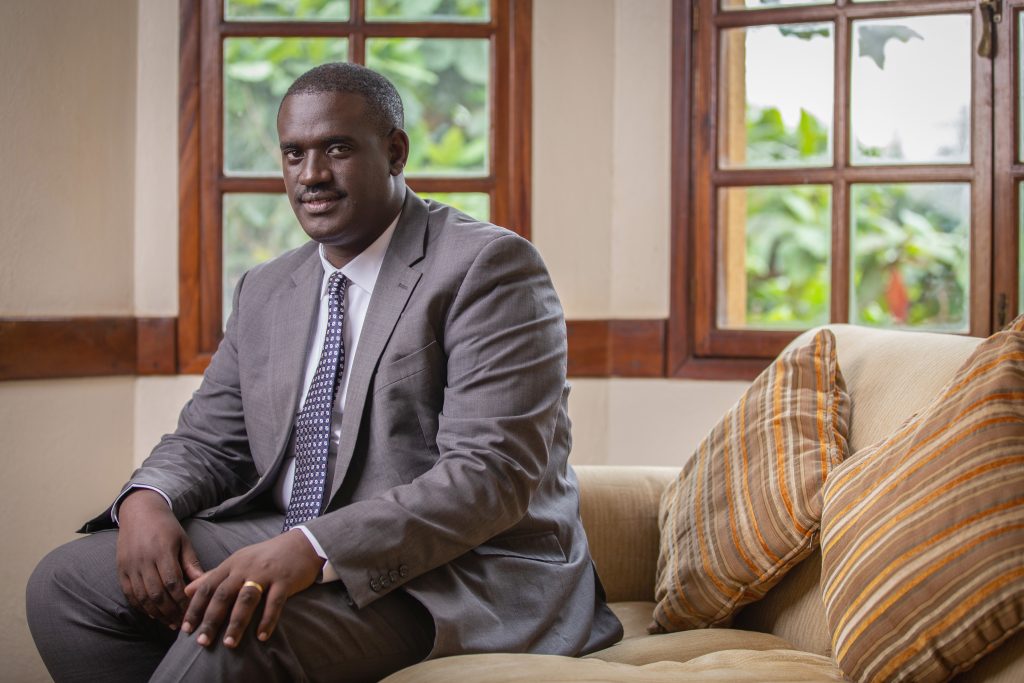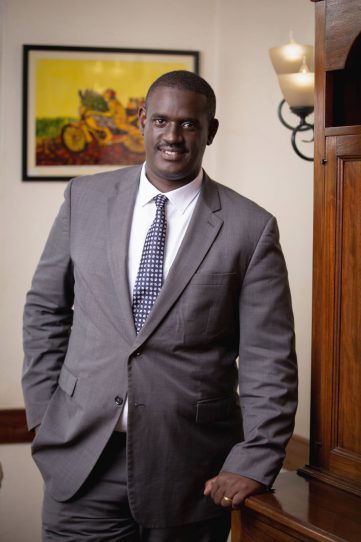The 27th Conference of the Parties to the United Nations Framework Convention on Climate Change popularly known as COP27 is underway in the city of Sharm El Sheikh in Egypt. It is shaping up in very interesting ways.
The conference began with a powerful speech from impressive 18 year old Ugandan activist Leah Namugerwa who made a powerful call to delegates to take the climate emergency seriously. This was followed by Al Gore, former US Vice President and winner of the 2007 Nobel Peace Prize, addressing the conference. His speech was eloquent, powerful, forceful and compelling.
Gore too stated that we need to take the “climate emergency” seriously however his argument was that we must not have any new fossil fuel projects, in other words those producing oil should continue producing oil and those, like Uganda, who haven’t yet started producing oil, should not produce it at all. He justified this by saying we are in a hole and must obey the “first rule of holes.” This is, “when in a hole, stop digging.” On the issue of climate reparations, the argument that rich countries must pay in excess of US$100bn to poor countries, Gore was more than cautious. He argued that the real money is in the private sector and what is needed is that we unleash “private sector capital”. In other words, Africa should borrow money to finance its energy transition. Gore even had a proposal for the high interest rates that Africans pay compared to people elsewhere. He proposed that the World Bank and Bretton Woods institutions be reformed so Africans can pay less interest on their loans.
In a nutshell, what Gore proposed was that we give up our fossil fuel projects, the West keep theirs, we give up any hope for climate finance and in return, we wait for a day in the not too distant future when someone will organize a global finance conference and tell lenders to give the same terms to Namibia or Uganda that are given to Germany. Africa then, according to Gore, has the potential to be a “renewable energy superpower.”
That lecture would have passed years ago but we are now once bitten and twice shy. The fact is there will be no climate reparations paid to Africa. Any such suggestion has no democratic legitimacy in the West. The fact is that Europe and America will continue to produce oil and gas. There will be a huge COP out at COP 27.
The argument that Africa can, someday, in a perfect world, under ideal financing conditions, become a superpower is just wishful thinking. Today, Africa faces two emergencies, the climate emergency and the poverty emergency. Solving one at the expense of another is bad for both. Any conversation about climate change that does not address the problem that is energy poverty is both unwise and untimely. This is made worse by the clear hypocrisy and double standards of many of the Western political elite. In an article for Newsweek Magazine President Museveni made this case with clarity and precision. The President argued that “Europe’s failure to meet its climate goals should not be Africa’s problem. But that continent’s determination to write one set of rules for Europeans and a different set for Africans makes it so. It means Europe is complicit in forcing poverty on Africa, and that is not acceptable and will not stand.”
The President pointed out that “If Africa was to increase electricity production just by using her known reserves of natural gas, the continent’s share of global emissions would rise from 3 percent to just 3.5 percent.”
Africa’s contribution to global warming is at best negligible. A 2019 study established that the consumption of electricity by the video game industry in California is more than the consumption of electricity in many African countries.
The real solution to the climate crisis is not keeping Africans poorer. The solution is to get the top emitters to reduce their emissions. At the next COP we should hear less from climate activists that have no solutions and only have sermons, and we should hear more from climate realists. For now, Africa must stand firm and reject even the most eloquent sermons from those who think we should preserve the environment by conserving poverty.



